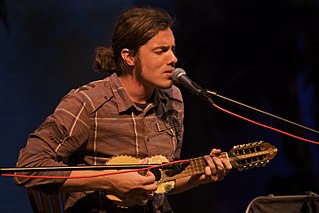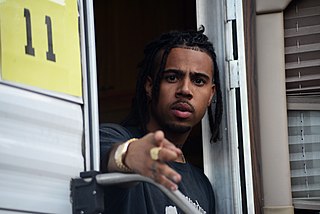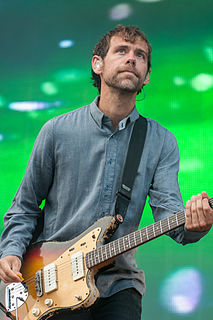A Quote by Gary Rossington
I could write a dozen different songs with the same three or four chords, but they'd all be entirely different.
Related Quotes
The man who has learned that three plus one are four doesn't have to go through a proof of that assertion with coins, or dice, or chess pieces, or pencils. He knows it, and that's that. He cannot conceive a different sum. There are mathematicians who say that three plus one is a tautology for four, a different way of saying "four" ... If three plus one can be two, or fourteen, then reason is madness.
A mockingbird has moved into our neighborhood. It perches atop a telephone pole behind our backyard. Every morning it is the first thing I hear. It is impossible to be unhappy when listening to a mockingbird. So stuffed with songs it is, it can't seem to make up it's mind which to sing first, so it sings them all, a dozen different songs at once, in a dozen different voices. On and on it sings without a pause, so peppy, even frantic, as if its voice alone is keeping the world awake.
It's hard to be in the limelight and write songs that cater to fans that have expectations of you. We just want to write songs that we love, but all the different people with different ideas coming in make it difficult. We have to ask ourselves if we're writing for the most important people: the fans.
When I was 12 or 13, my dad taught me a couple of different chords, and once I learned chords, I never learned to read music, but I learned tablature, like a lot of kids do, and I learned songs that had the chords I knew. It took me a long time to understand the upstroke of picking and strumming, but once I did, it all fell into place.



































